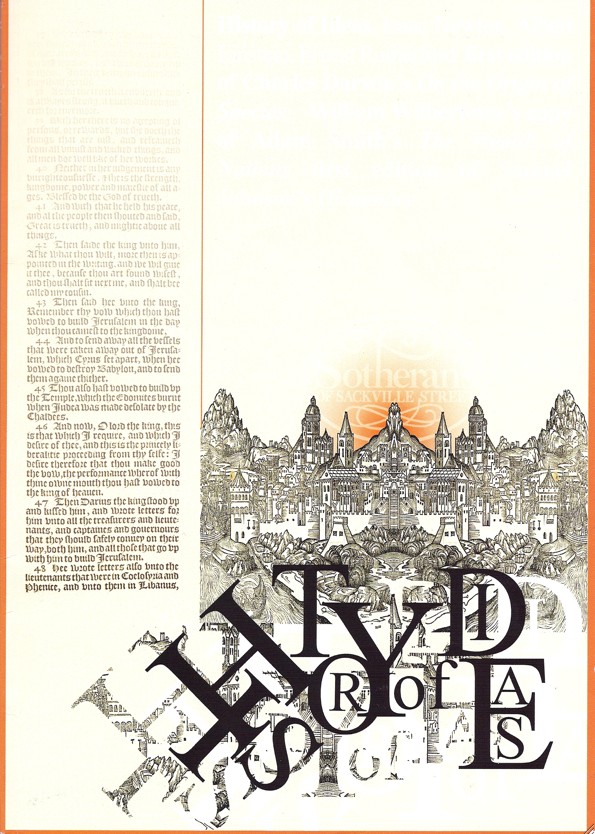A History of Ideas from Sotheran's

A History of Ideas from Sotheran's
By Michael Stillman
Henry Sotheran Ltd., or Sotheran's, the venerable London bookseller, has issued a new catalogue of the History of Ideas. The catalogue is filled with antiquarian (and some not so old) books filled with great thinking, from philosophy, science, mathematics, natural history, politics, theology and the arts. A lot of brainpower went into creating these works. These are a few of them.
We will start with one of the most important books ever published in the fields of natural history and science, as it entirely changed the way we think about ourselves: The Origin of Species, by Charles Darwin. Item 33 is one of the 1,250 copies of the first edition published in 1859. Darwin had noticed similarities, but differences, between species he found in South America and those on Pacific Islands, and concluded that this represented evolution in response to the local environment. Though he reached his momentous conclusions early on after his journey in the 1830s, he sat on his theory for almost two decades, until similar, independent conclusions reached by Alfred Russel Wallace necessitated his releasing them to the public. After publishing a preliminary journal article with Wallace the previous year, Darwin released the full details of his theory in this book, which sold out immediately. Priced at £75,000 (British pounds, or about $113,510 in U.S. dollars).
Winston Churchill proved prophetic when he published this article in 1924: Shall We Commit Suicide? Churchill was anticipating the atomic weapons that would arise just two decades later when he asked, "Might not a bomb no bigger than an orange be found to possess secret power to destroy a whole block of buildings nay, to blast a township at a stroke?" Regrettably, the answer was yes. Churchill also speaks of these bombs being guided automatically in flying machines, another regrettable development which would arise a few years later. Item 94. £750 (US $1,135).
Some great ideas are better than others. Here's one that's not so great: Warm Beer: Or a Treatise wherein is Declared by Many Reasons, that Beer so Qualified, is Far More Wholesome than that which is Drank Cold... And you thought substituting horrible tasting "healthy" versions of foods was a new phenomenon? The editor of this piece, who wisely only identified himself with the initials "F.W.," answers the objection "some will say, cold beer is very pleasant to one that is thirsty" with "I answer it is true: but pleasant things are for the most part very dangerous." F.W. goes on to rhetorically make the critical point, "How many have you known and heard of, who by drinking a cup of cold beer in extream thirst, have taken a surfeit and killed themselves?" Actually, not many, unless they went driving. Perhaps the virtue of warm beer is that no one would drink it. Item 81 is a 1724 second edition of this work first published in 1641. £2,500 (US $3,783).
Item 84 is a remarkable, if chilling photo album. It is a collection of photographs taken by Charles W. Alexander at the Nuremburg war trials. From November 1945 through October 1946, the allies conducted trials for the most egregious of crimes against humanity against various officials of the Nazi regime. Alexander's photographs include those of the courtroom, judges, prosecutors, and naturally, the defendants. The album contains a July 26, 1946 inscription from Robert Jackson, a U.S. Supreme Court Justice and the chief U.S. prosecutor at the trials, to David Maxwell-Fyfe, one of the prosecutors from Britain. £9,995 (US $15,130).